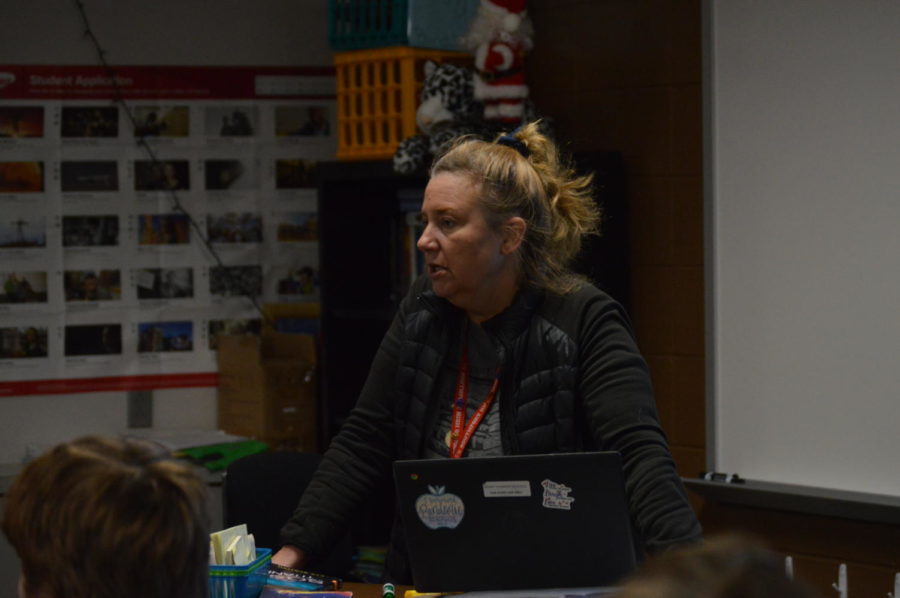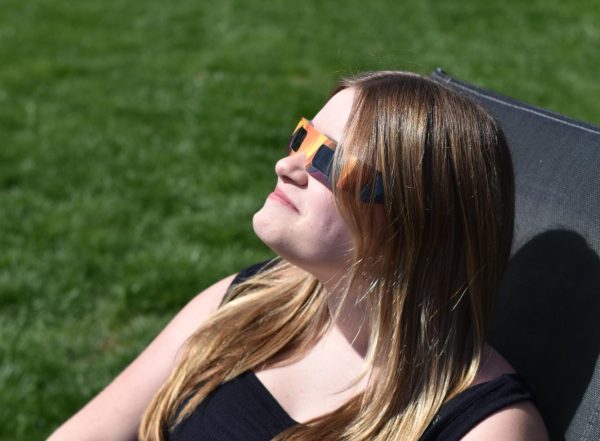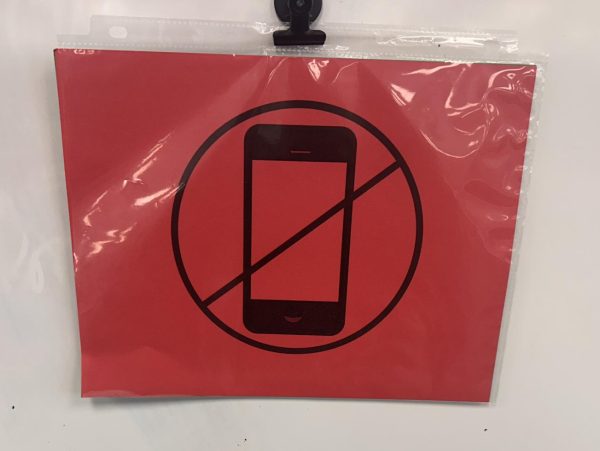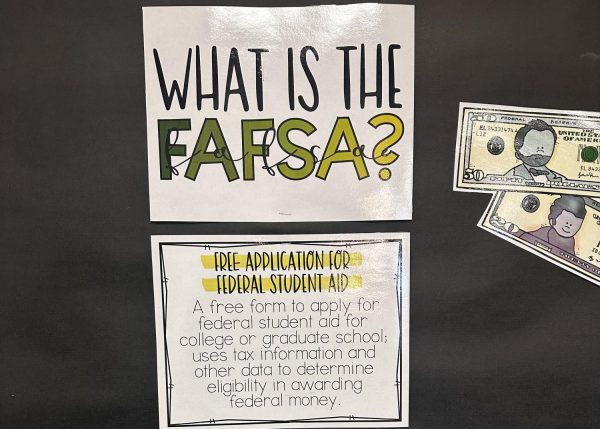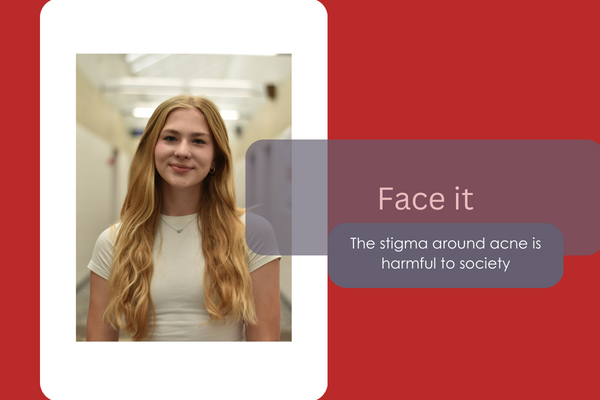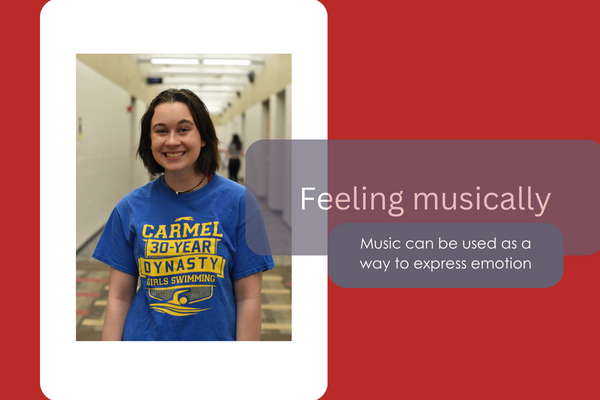Advanced decline
AP classes are seeing less student enrollment
English teacher Dawn Fowerbaugh discusses submissions for a recent assignment with her students. This regarded a philosophical journal entry in her AP Language class.
In comparison to previous years, certain Advanced Placement classes have noticed a slight decrease in the numbers of student enrollment.
A class in particular that noticed a substantial drop was AP Human Geography. Social studies teacher Daniel Jones explained that the reason for this was the class no longer covering the geography credit required for students.
“It no longer covers the geography credit that it used to, it is now an elective,” Jones said.
With AP Human Geography falling short in numbers, other teachers expressed their beliefs on why other classes may also have noticed a shortage in students such as AP World History.
As someone who teaches three different AP subjects, social studies teacher David Luers shared his account of losing some students from his AP World History class. In contrast to previous years, most students who were in his AP World History class would then take his AP U.S. History class. However, they have now gone for the dual credit version of the class instead.
Luers stated that the cause of this decrease in students could be due to the stigma that they’re much more difficult than their regular classes.
He explained that this could be due to students seeing DC as an easier way to obtain college credits, whereas in AP classes, students need to pass a final exam to get those credits.
“I still think that some kids have it in their head that AP means the class is gonna be super hard and something they can’t do,” Luers said. “I think a lot of kids may discourage themselves or hear from somebody that AP is hard so they’re afraid to try it.”
Luers, whilst talking to other teachers whose numbers were down this year, mentioned that this could also be in part due to the pandemic and the hybrid schedule that occured last year.
“One theory is because last year was so messed up some kids decided not to take advanced classes because they weren’t sure how it’s gonna be,” Luers said.
English teacher Dawn Fowerbaugh, who teaches AP English 9, also shares this same belief that the pandemic has played a role in the fluctuation in the number of students taking AP classes.
Fowerbaugh recounted the hybrid schedule that was implemented last year and the effects it had on students, explaining that students who would typically get As and Bs would go on to obtain Cs and Ds during this time.
“Now we’re on the back end of the pandemic and we’re kind of back to normal. I think they remember ‘I struggled here so I don’t want to put myself in a situation where I’ll struggle again,’” Fowerbaugh said.
Despite these drops in student numbers taking AP classes, teachers believe that the classes are still very much worth it. Students shouldn’t focus too much on the work they may receive from the class but rather the benefits that are granted from taking them.
Luers explained that students who attend AP classes tend to have a higher chance of going to college and staying in regardless of the outcome on their finals. They also believe that taking AP classes gives students skill sets through taking the class by overcoming the challenges that come with it.
“I think sometimes people get caught up on the test and they don’t see the other advantages that come from the quest,” Luers said.
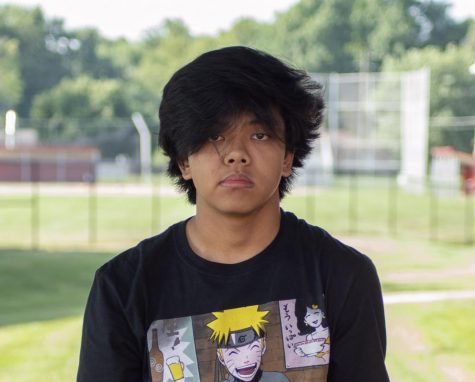
Hi, my name’s James Ceu and I am a sophomore at SHS. I am going to be one of the News Reporters for The Journal this school year! In my free time I enjoy...


